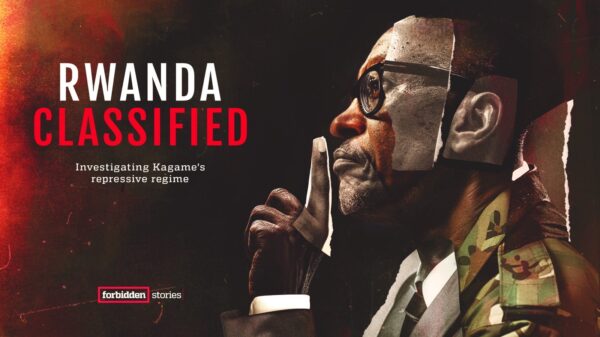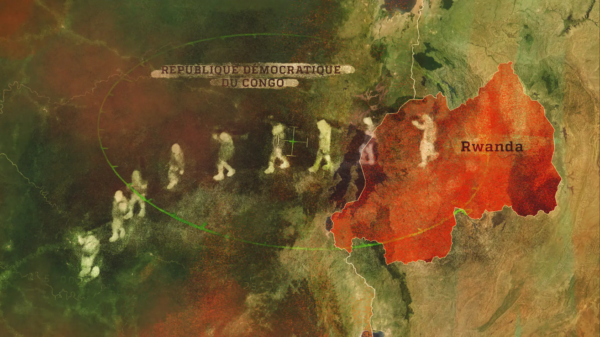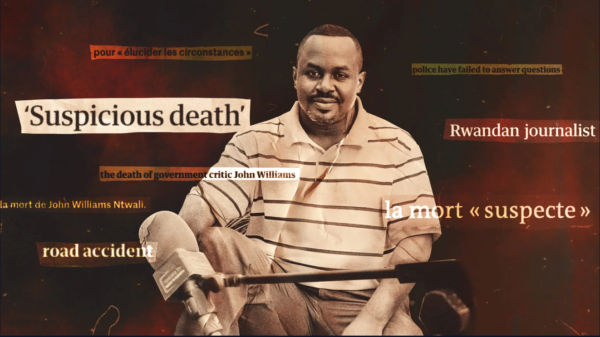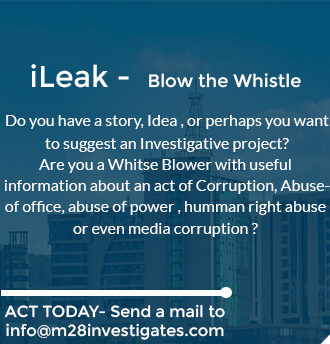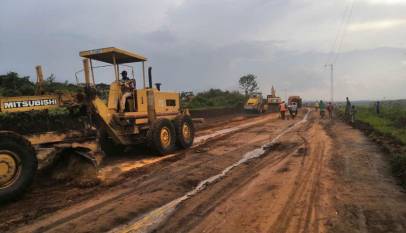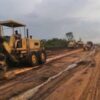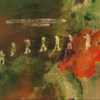Traditional methods may seem like a better bet when trying to expose difficult facts, but the development of advanced techniques for gathering news from open source and user-generated content is playing an ever-bigger role in investigative journalism.
In 2018, BBC conducted an investigation in Cameroon which proved that contrary to what many had believed, government forces had been committing war crimes against civilians. The investigation took months of research and drew on a video clip taken with a mobile phone camera and published on social media showing armed men assaulting and then executing two women and two children.
The video clip was verified and analysed scientifically. The armed men, the place where the incident took place and the type and source of the weapons used were all identified. By comparing Google Maps with the crime scene, the team were able to prove that not Boko Haram but government forces had carried out the executions, and that they had taken place not in Mali but in Cameroon. We will look at some of the details of the incident, and the digital tools used to analyse it, in more detail later on.
In Sudan, BBC journalists were able to collect and review more than 300 videos shot by activists on the ground, allowing them to reconstruct a scene showing that the Rapid Response Forces had fired live ammunition on protesters in July 2019.
In both of these cases, journalists were able to dispense with traditional methods and with teams on the ground while conducting their investigations. Thousands of videos shared on social media websites, carefully verified, were the deciding factor in the investigation. Fact-checking began with the investigation of fabricated photos or decontextualized video clips. But these techniques have got better and their use more sophisticated, creating a space for a new type of open source journalism. These modern techniques can be combined with traditional techniques to produce high-quality investigations.
In the final section of this handbook, we will take a look at the most important digital tools that can help you to connect with people, access company data, follow global developments, obtain and verify video clips, use maps in investigations and cull data from social media websites.
We will also look at a few tools that will help you guarantee the security of your data and your communications. Many of these tools are discussed in more detail in AJMI’s fake news handbook, as well as the Verification Handbook.

